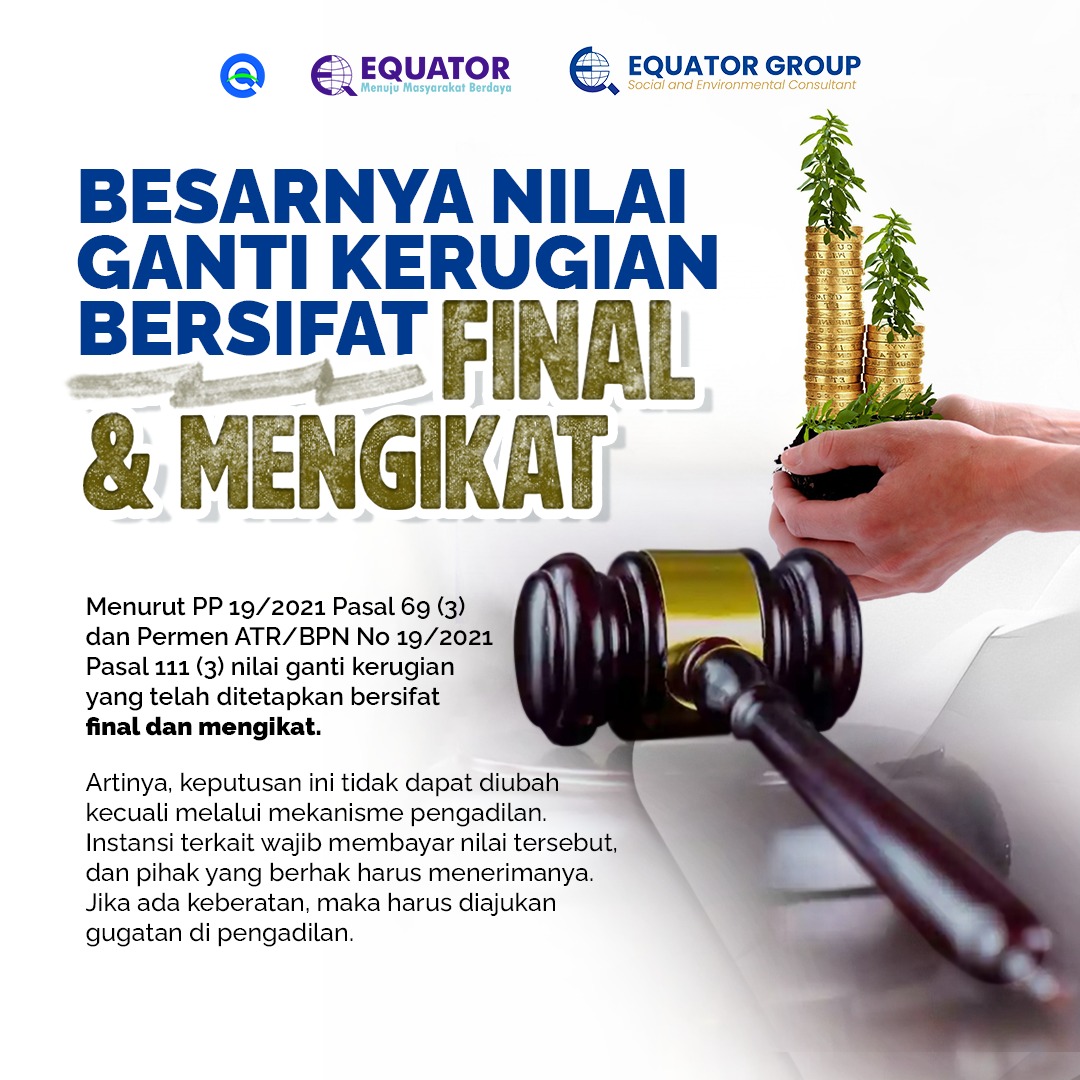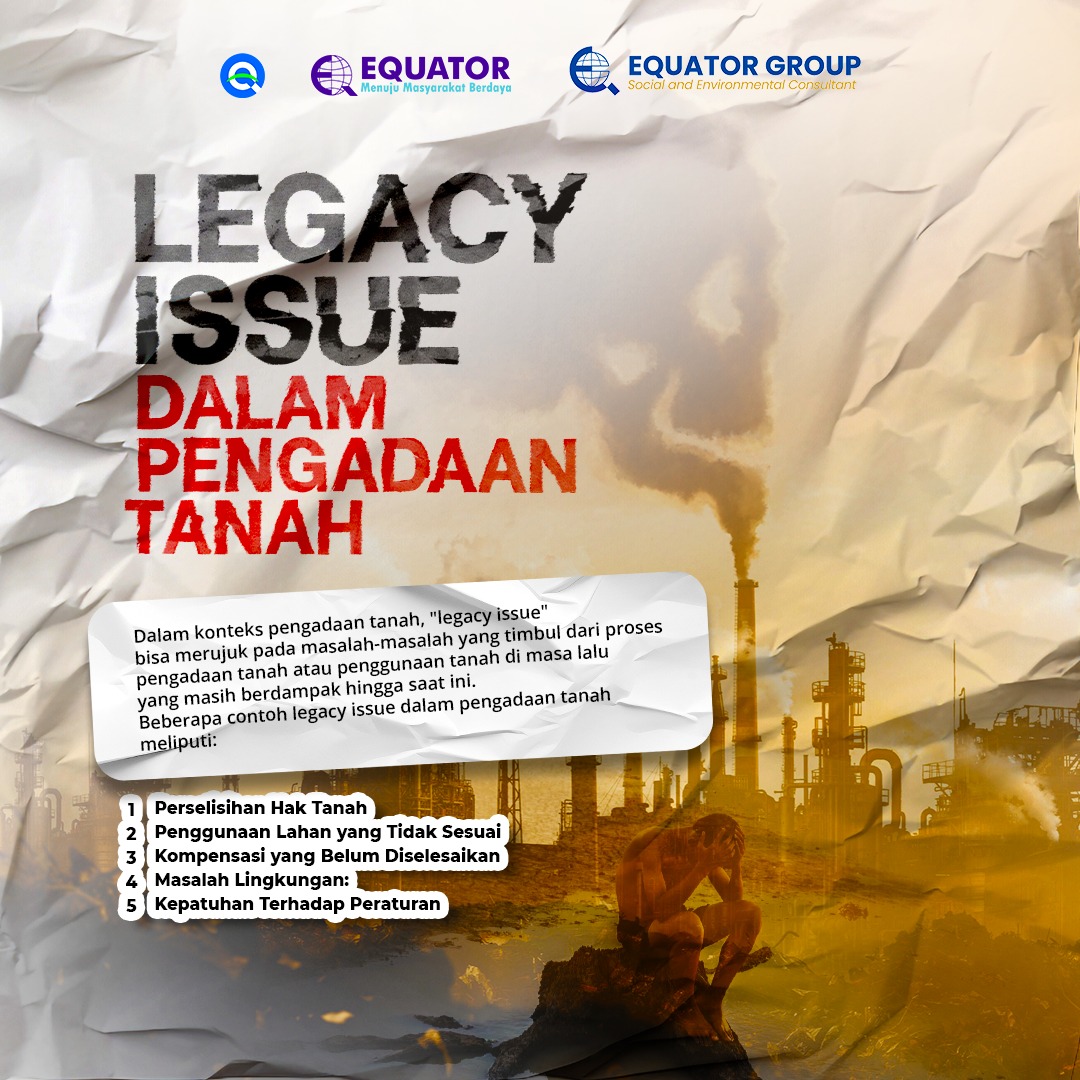



The Importance of Grievance Redress Mechanism in Land Acquisition

The Importance of Grievance Redress Mechanism in Land Acquisition
In the land acquisition stage, it is recognized that there are agencies that require land for various purposes, such as infrastructure projects. The land acquisition process commences with the preparation stage, during which public consultations are conducted. The objective of the public consultation is to gather input and hear objections from affected communities.
During the public consultation, there may be various objections from the community. These objections are important to note and consider in order to ensure that the land acquisition process is fair and transparent. Once the public consultation is complete, the process continues to the compensation stage.
The compensation stage itself consists of several steps. One important step is the creation of a nominative list, which is a list containing the names of parties entitled to receive compensation. Once the nominative list is finalized, it is announced to the public in accordance with the applicable regulations, which is for 14 days. Should any objections or complaints be raised by the public during this period, the nominative list may be amended and revised as necessary.
Furthermore, the grievance mechanism plays a pivotal role in addressing any objections that may arise. This mechanism provides an avenue for communities to voice their concerns if they are dissatisfied with the compensation process or outcome. In the event that grievances cannot be resolved through this mechanism, communities have the right to take their case to court.
However, it is often assumed that the grievance redress mechanism is limited to the compensation stage. In fact, grievance redress mechanisms should be present throughout the project cycle, from planning to implementation. By establishing these mechanisms at each stage, complaints and objections can be more effectively addressed, thereby enhancing the transparency and fairness of the land acquisition process.
An effective grievance redress mechanism not only addresses issues that arise, but also builds trust between the community and the agency requiring the land. Consequently, it is of paramount importance that all parties involved in the land acquisition process comprehend and implement the grievance redress mechanism in a uniform manner at each stage of the project.
By doing so, it is possible to guarantee the protection of community rights and to ensure that the land acquisition process can be conducted in an orderly manner, without the occurrence of prolonged conflict. Transparency, accountability, and openness at every stage of land acquisition are essential for the achievement of this objective.







